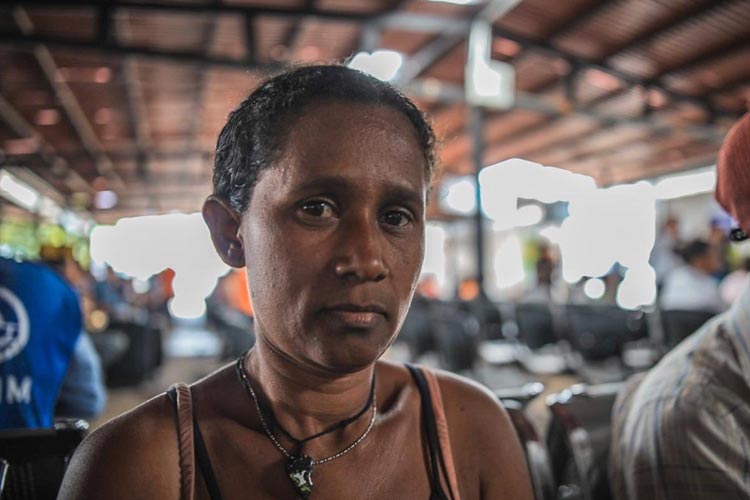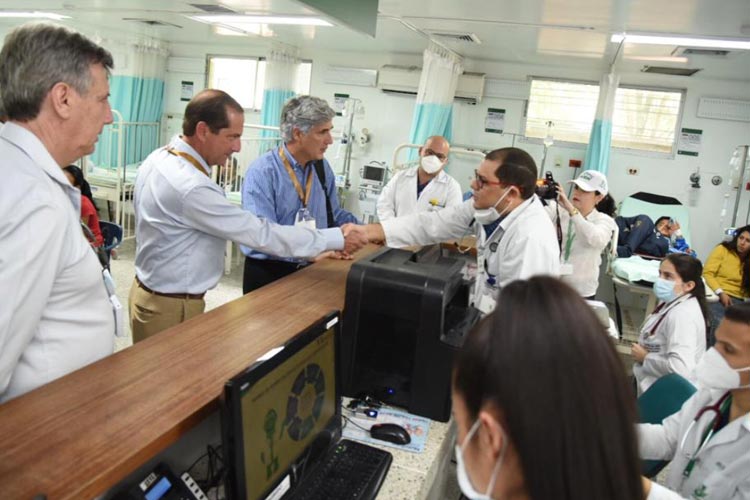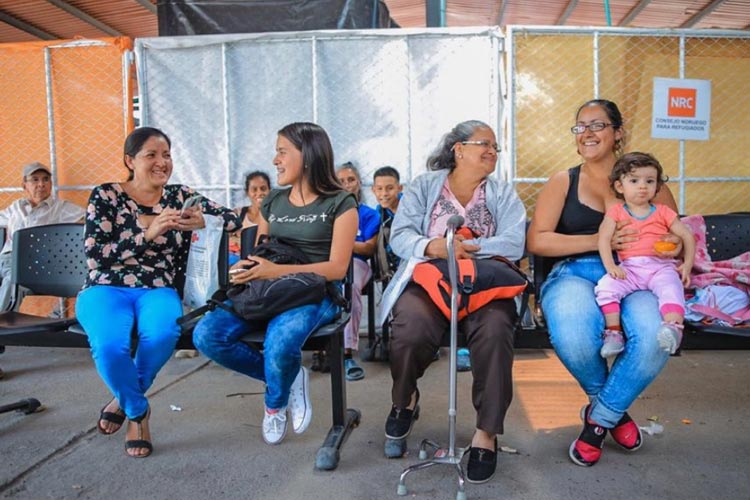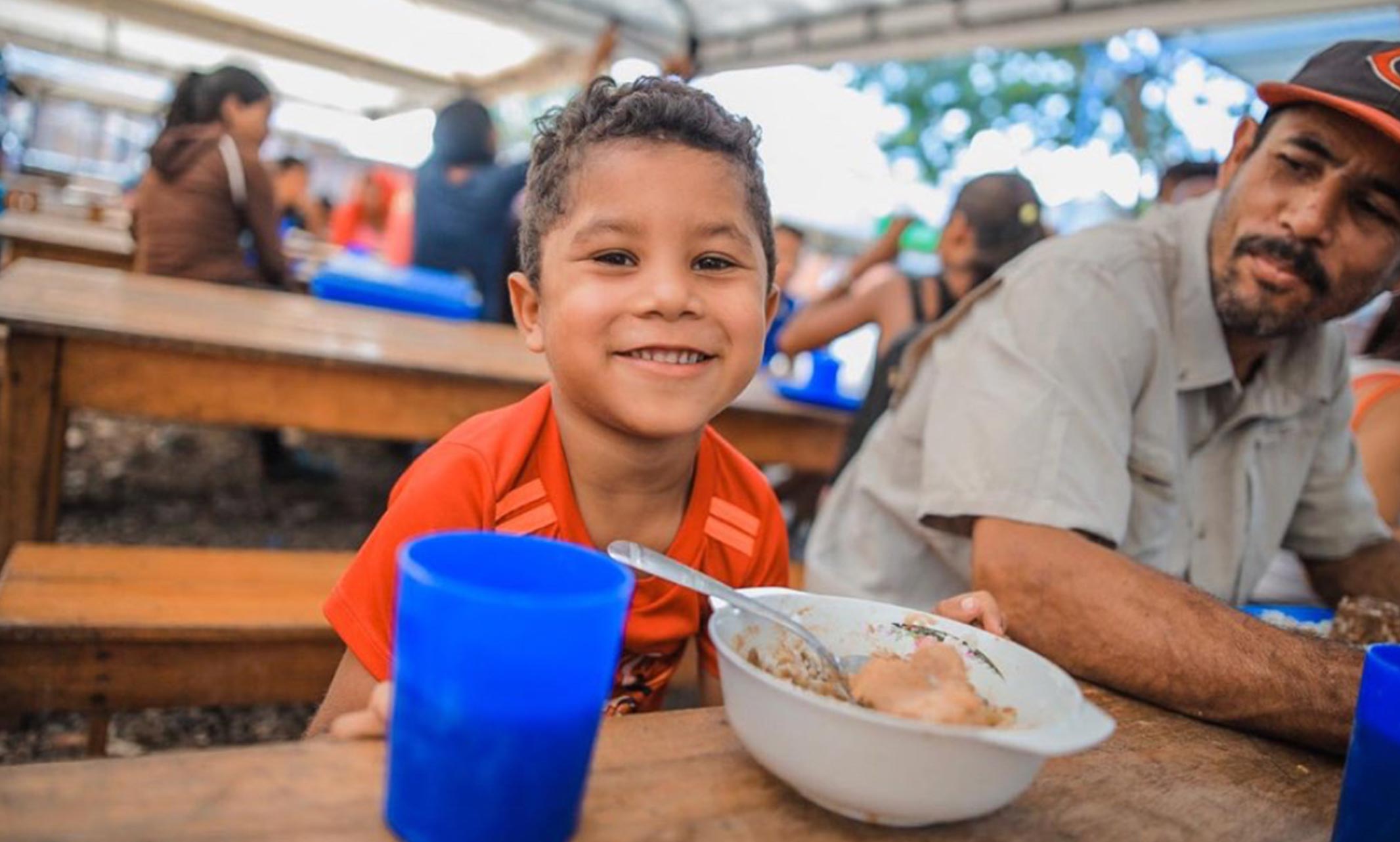Fewer human experiences can be more traumatizing than being a refugee in a foreign country. A team at the University of Missouri-Kansas City School of Nursing and Health Studies is easing some of that trauma through its expertise.
Alex Azar, U.S. secretary of Health and Human Services, asked the Collaborative to Advance Health Services at UMKC to create training modules for first responders in Colombia to help Venezuelan refugees. This will help Venezuelans fleeing that nation’s ongoing economic crisis to get the mental-health assistance they need. The Collaborative oversees numerous federal grants and is home to several national-based centers that implement evidence-based clinical practices into substance use and mental health treatment.
“We felt compelled and passionate to do this,” said Laurie Krom, program director of the Collaborative. “We wanted to help in any way we could.”

“I have family members who live in the area so I know how difficult the situation is,” said team member Susan Garrett, assistant teaching professor at the School of Nursing and Health Studies, who has an aunt who worked for the Honduran embassy in Venezuela. “People are leaving their homes with only the clothes on their backs to walk to Colombia. We can’t even imagine what people are going through.”
“We wanted to help in any way we could.”
Because of the urgency, producing these training modules meant a quick turnaround time. The Collective delivered the scope of the project in just five weeks, a task which often takes a half year to do. And it was a volunteer project. Krom, Garrett and the rest of the team used nights and weekends of their personal time this summer to complete it. They collaborated with others from the Universidad Central del Caribe and National Latino Behavioral Health Association on expertise, translation and other tasks.

The UMKC team, which also included the Collaborative’s associate project director Erin Hobbs and web developer Eric Barr, concentrated on the overall migration process in creating the four, 45-minute training modules translated in both Spanish and Portuguese.
“People are leaving their homes with only the clothes on their backs to walk to Colombia. We can’t even imagine what people are going through.”
The modules focus on what trauma means for different groups: men, women and children. One of the modules focuses on secondary trauma experienced by the workers at the border.
“They’re suffering ‘compassion fatigue’ because they’re dealing with a lot themselves,” Krom said.
The modules were delivered a few weeks ago to Colombia — and welcomed as much-needed mental-health assistance.
“I really hope everyone knows how much you are appreciated for doing this on your own time,” said Pierluigi Mancini, project director of the National Latino Behavioral Health Association who traveled with Azar and other U.S. health officials to Colombia to help implement the project. “I wish I could have bottled the gratitude people expressed so I can share it with you — please know many people are grateful.”


